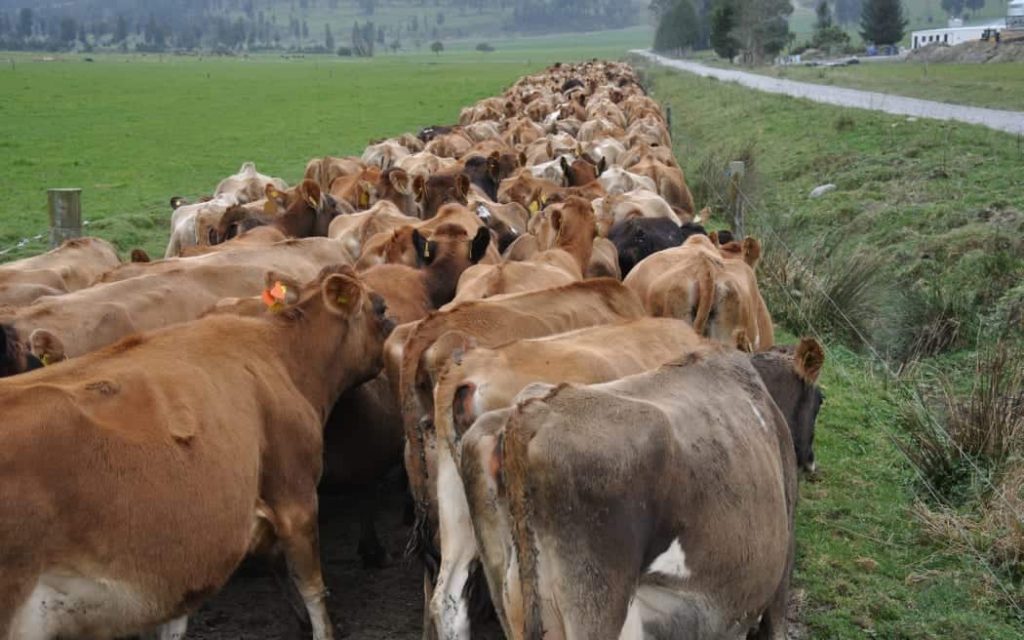
A challenging year ahead for New Zealand agri-business is predicted in a new rural banking report.
ASB’s rural quarterly report, Sleepless in Shanghai, said weak Chinese demand was pushing global commodity prices down further – especially for dairy, red meat and forestry.
Forestry prices were in a rut, and global dairy prices were down more than 40 percent from peaks in early 2022, the report said.
ASB was anticipating a reduction in dairy and meat supply, as many farmers fell below the break-even point, ASB economist Nat Keall said.
“It’s going to be a pretty challenging period. A lot of that has to do with what’s happening in China, it’s obviously such a major trading partner for us,” Keall said.
“China sneezes and everybody else catches a cold. What we’ve seen is that commodity prices lately have continued to ease just as the economy there has weakened and demand’s weakened.
“As prices fall, fewer farmers produce and therefore you get a bit of tightening of supply and prices start to move up again.”
Interest rates were expected to remain high for the next year too – with the debt servicing burden at its highest in years, Keall said.
ASB said it would support its agri-business customers, and urged them to contact their banker if concerned.
“We are in a cycle and things will get better, but it’s really hard to pick exactly when the turning point is going to come,” Keall said.
It is increasingly likely ASB will adjust its forecast for the next milking season from $7 per kilogram of milk solids, made at the start of the season, down to $6.60 per kilogram of milk solids. This is slightly below dairy giant Fonterra’s revised forecast, with a midpoint of $6.75 per kilogram of milk solids.




















